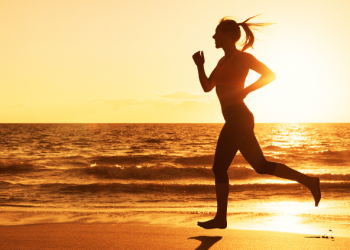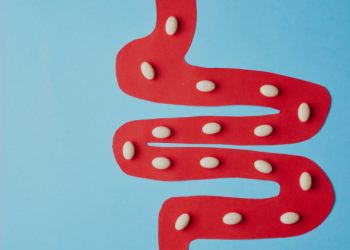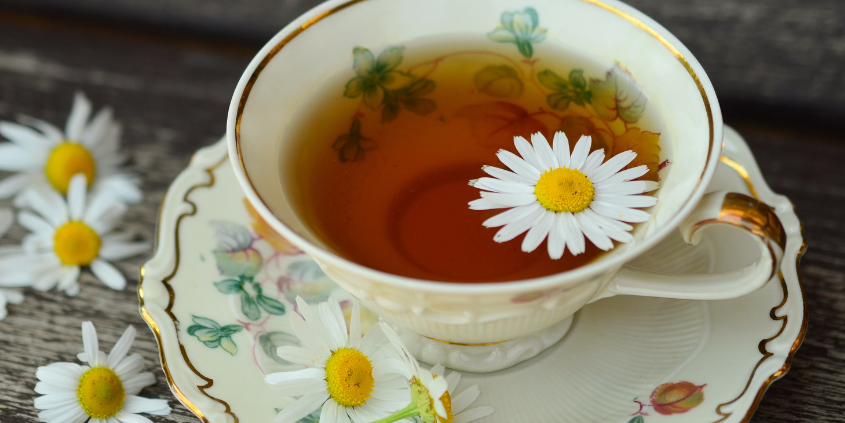How Does Caffeine Affect You?

It is difficult to predict how and for how long caffeine affects our bodies. Research suggests that caffeine affects everyone differently and our relationship with it could change as we age. A study examining the relationship between chronotype and the effects of caffeine on sleep in Stanford students found early birds had a strong correlation between daytime caffeine use and waking during sleep. Night owls’ sleep seemed to not be affected by their daytime caffeine intake. People in between seemed to experience minor effects. However, this study was exclusive to Stanford students, who are generally a more sleep-deprived population. It is unclear the degree to which this affected the results but is likely a significant confounding variable.
One of our sleep experts, Dr. Jaime Zeitzer, PhD, says , “There is massive variability in how people metabolize caffeine and in many, even a single cup of coffee with breakfast can interfere with sleep. Being aware of how your caffeine consumption personally impacts your sleep is incredibly important.”
Sources:



























